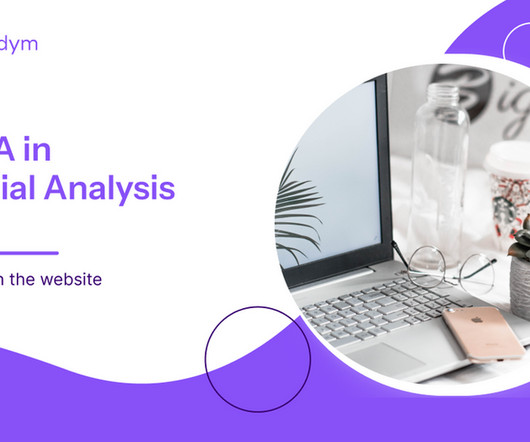EBITDA in Financial Analysis
Spreadym
OCTOBER 27, 2023
Before: EBITDA looks at a company's financial performance before accounting for interest, taxes, depreciation, and amortization, as these factors can vary significantly between different companies and industries. Comparative Analysis: EBITDA allows for easier comparisons between companies in the same industry or sector.















Let's personalize your content